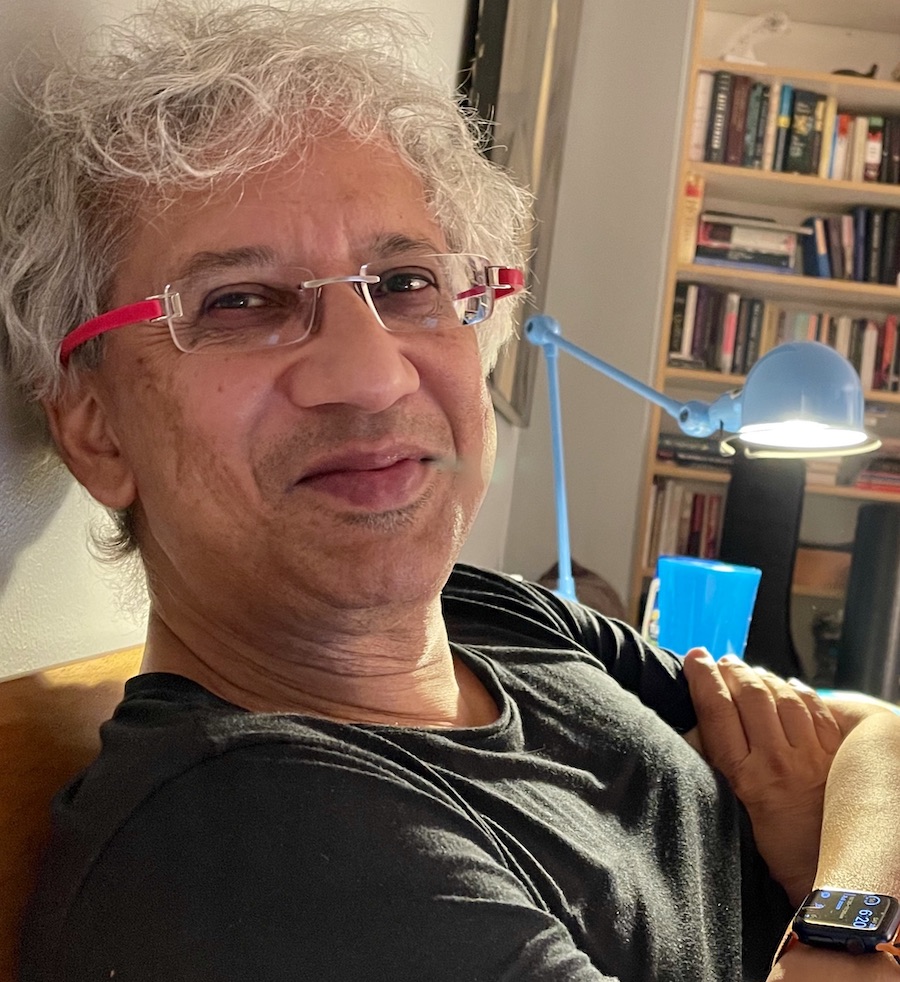(with Tapan Mitra), in Sugata Marjit and Meenakshi Rajeev (eds), Emerging Issues in Economic Development: A Contemporary Theoretical Perspective: Essays in Honour of Dipankar Dasgupta & Amitava Bose, Oxford University Press, 2012.
Summary. We study the celebrated Phelps-Koopmans theorem in environments with nonconvex production technologies. We argue that a robust failure of the theorem occurs in such environments. Specifically, we prove that the Phelps-Koopmans theorem must fail whenever the net output of the aggregate production function f(x), given by f(x) − x, is increasing in any region between the golden rule and the maximum sustainable capital stock.
